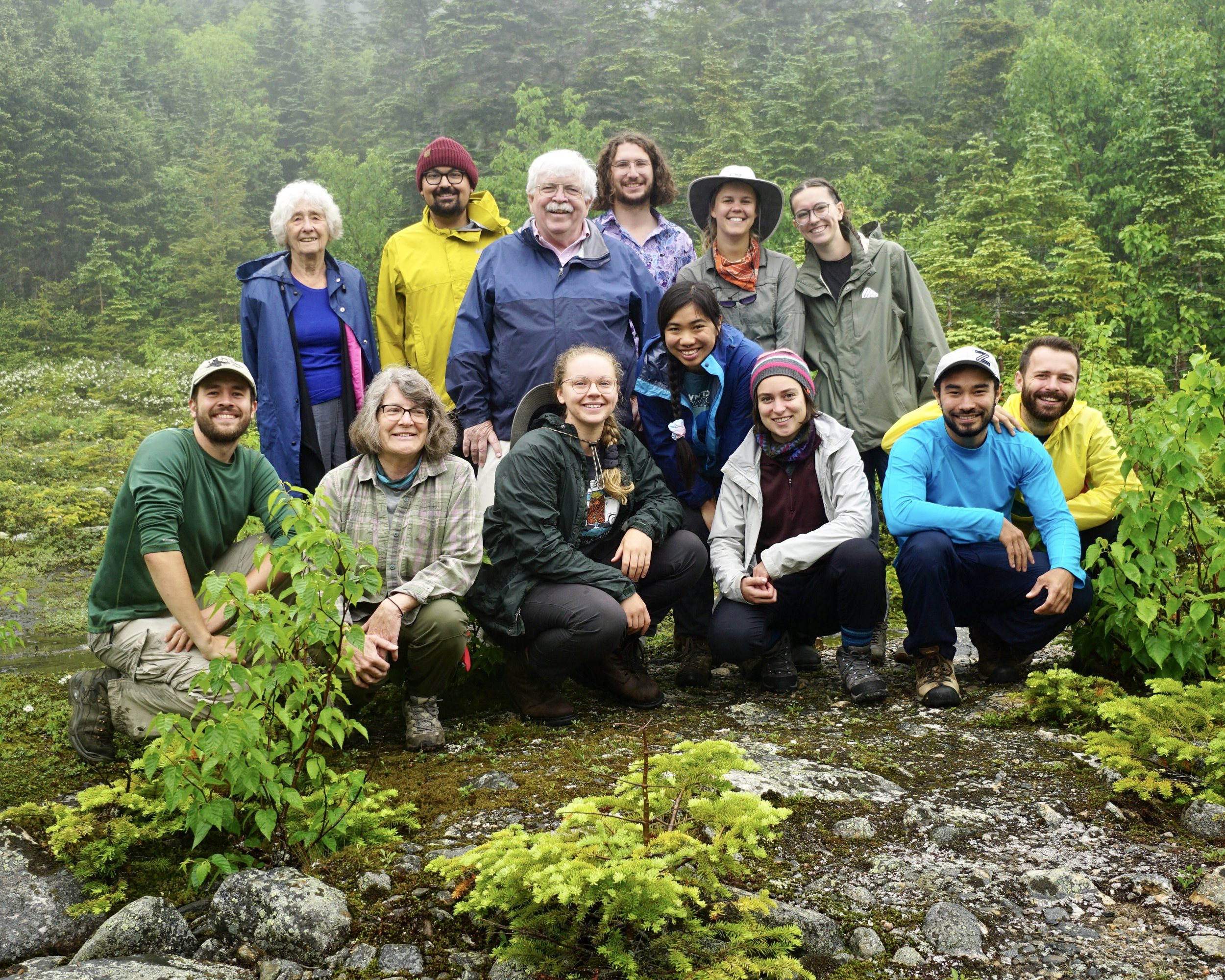
Cross-institutional collaborations for effective science policy communication and implementation
My strong commitment to community-engaged research helps generate relevant and actionable science
I strive to learn about the relevant stakeholders and rights holders in my region of study and to develop research that can provide site-based problem support for them. I believe my research should address local communities’ concerns, goals, and interests and ultimately benefit them over the long term. I achieve this by addressing the power dynamics that arise from differing institutional affiliations, practicing deep listening, and co-producing our work plan.
Local relationships
I prioritize reciprocity and agency in my partnerships, where community involvement is dependent on the nature of the research, and the partner’s needs, interests, and capacity. I recognize that my knowledge as a researcher is often limited and differs from the lived expertise and different ways of knowing of the community. I deeply respect and encourage the intellectual input of my community partners. Together, we develop mutually-beneficial, specific, measurable, achievable, relevant, and time-bound objectives with a clear evaluation plan.
Co-produced work plan
I work with my community partners to interpret and use all data and results from our work. By collaborating on evaluation, we can better understand the project’s efficacy, practicality, and impact. We also together decide how and with whom the research will be shared to maximize long-term and systemic change. Overall, our communication strategy should build trust and increase agency of community members in the decisions they make around restoration and management of plant communities.


